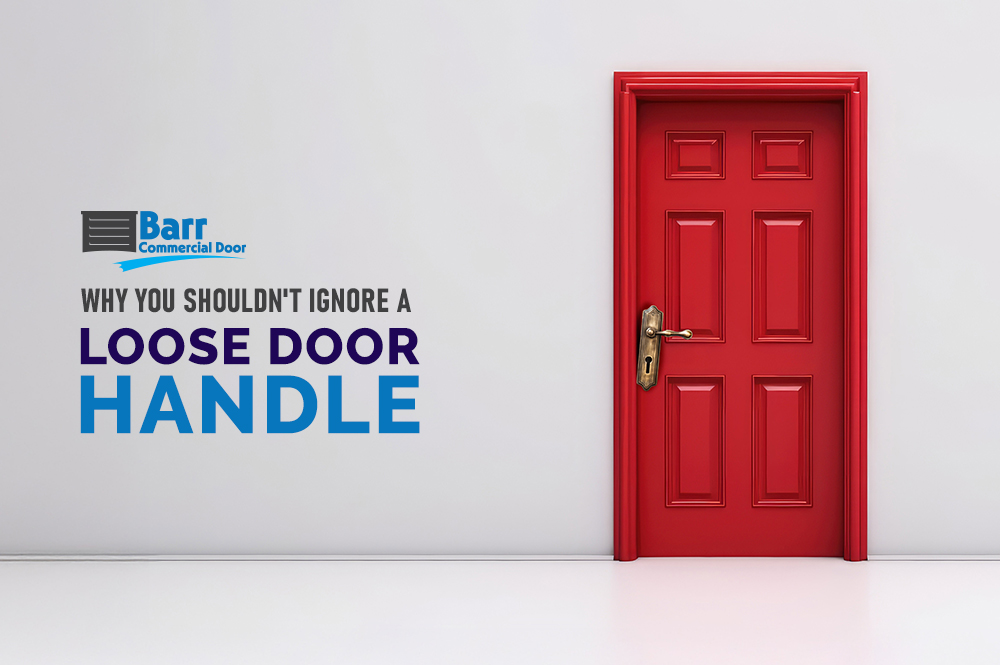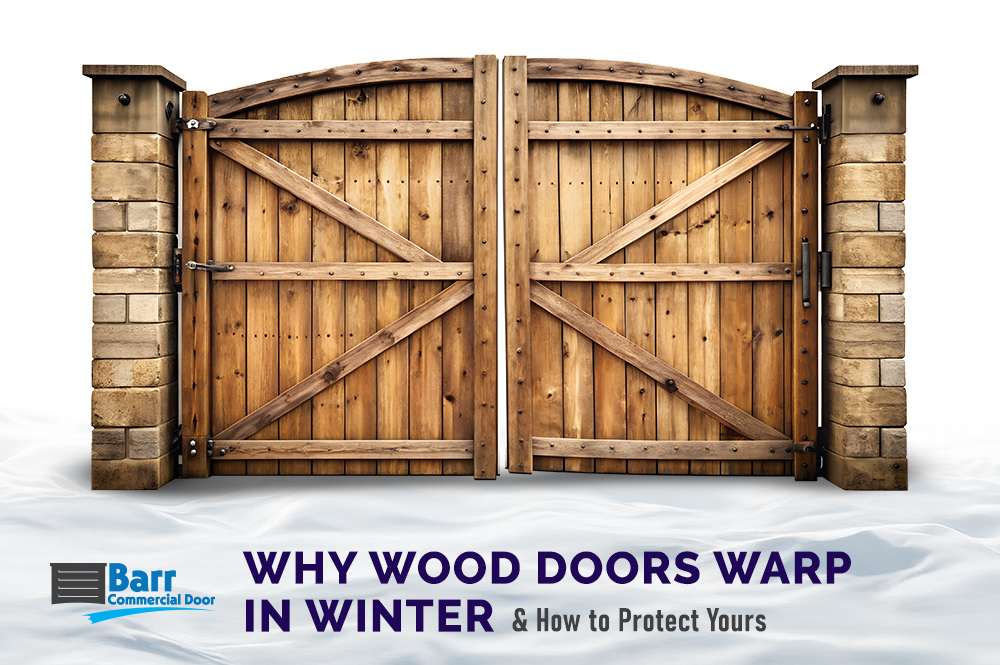Overview: Is your hollow metal door starting to dent or warp? Learn when it’s time to reinforce the door — and when replacement is the safer, more cost-effective option. Read on!
If your hollow metal door is starting to look like it lost a fight with a forklift, you’re not alone. Dents, warping, and impact damage are all-too-common in commercial and industrial environments. But here’s the real question: Should you replace the entire door or can it be reinforced to keep costs down and operations moving?
Let’s break down your options so you can make the right call for your building’s safety, security, and bottom line.
First: Assess the Damage
Not all dents cause the same damage. For example, a small ding from a cart corner? Probably cosmetic. But a large, deep dent — especially near the locking mechanism or hinges — could point to structural compromise or even a security risk.
Check for:
-
Cracks in the door skin
-
Gaps forming between the door and frame
-
Difficulty latching or closing properly
-
Signs of rust or moisture intrusion
If any of the above are present, it’s time to think beyond patchwork.
When Is Reinforcement the Smart Move?
Reinforcing a dented hollow metal door can be a practical and budget-friendly fix — if the structural integrity of the door is still intact.
Here are a few signs reinforcement might be enough:
-
The dent is cosmetic, not structural.
-
The frame is still square, and the door closes properly.
-
There are no signs of rust or moisture infiltration.
-
You’re dealing with minor impact damage from carts, light equipment, or foot traffic.
In these cases, reinforcing plates, surface-mounted armor, or kick-plates can extend the life of the door while preserving function and code compliance.
>> Related Reading: Reinforce a Door in 5 Ways to Enhance Your Home Security
When It’s Time to Replace the Door
Unfortunately, not all damage is just skin-deep. In some cases, replacement is the safer and more cost-effective route — especially in high-traffic or compliance-heavy environments.
Consider replacing the door if:
-
The door won’t close or latch properly.
-
There’s visible rust, corrosion, or internal damage.
-
The core is compromised, especially in fire-rated doors.
-
You’re noticing repeated issues, like recurring dents in the same area.
Damaged hollow metal doors can pose security risks and may even violate fire safety codes if they’re no longer rated due to internal damage.
Also Read >> 8 Signs You Need to Replace Your Doors
Don’t Guess — Get a Pro’s Opinion
The best move? Call in a commercial door expert who can assess the damage and help you decide. At Barr Commercial Door, we’ve seen it all — from forklift strikes to storm-battered entryways. We’ll give you an honest evaluation and recommend the safest, most cost-effective fix — whether that’s reinforcement or a full replacement.
The Bottom Line
If your hollow metal door is dented but still structurally sound, reinforcement can buy you time and protect your investment. But if the damage compromises safety, function, or compliance, replacement is a smart long-term move. Either way, don’t ignore it—every door is part of your facility’s first line of defense.
Need help deciding? Contact Barr Commercial Door today for a professional assessment. We’ll keep your building secure, compliant, and ready for business.


